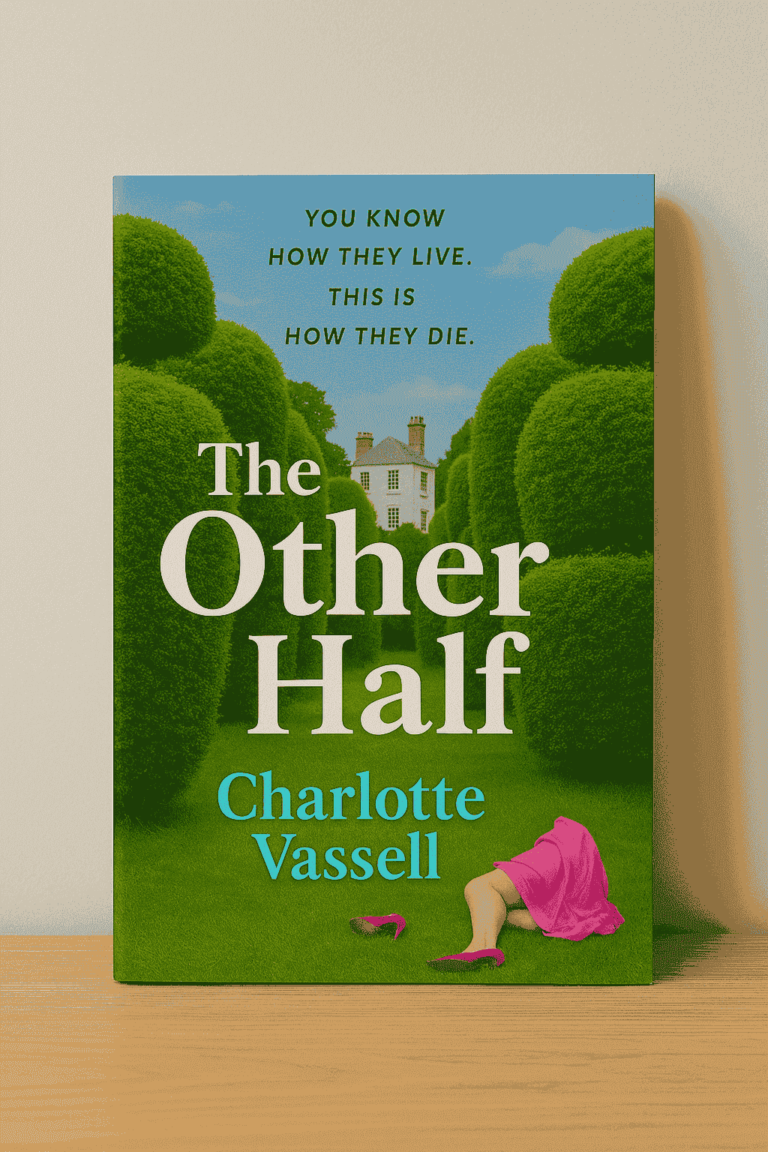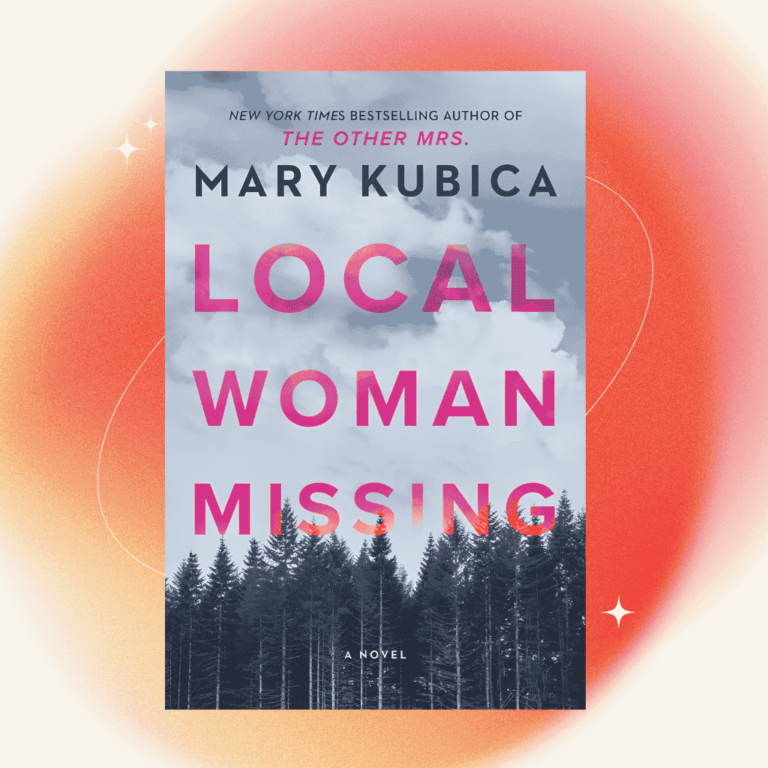Book Review: ‘Lessons in Chemistry’ by Bonnie Garmus
What if a brilliant female chemist in the 1960s decided to take on the patriarchy, one experiment at a time? Lessons in Chemistry by Bonnie Garmus is a sharp, funny, and heartfelt novel that does just that. With its relatable protagonist, witty writing, and thought-provoking themes, this book is a must-read for fans of feminist fiction and historical drama. Learning Love Through Second Chances adds an extra layer of depth to the story, making it even more compelling. But is it worth your time? Let’s break it down.

Quick Summary
Lessons in Chemistry by Bonnie Garmus is a sharp, funny, and heartfelt novel about Elizabeth Zott, a brilliant chemist navigating the male-dominated world of the 1960s. Fired from her job and unexpectedly pregnant, Elizabeth embarks on a journey of self-discovery, defiance, and scientific passion.
With its witty writing, relatable protagonist, and thought-provoking themes, this book is perfect for fans of feminist fiction, historical drama, and stories about overcoming adversity. However, its slow pacing and heavy themes might not appeal to everyone.
Detailed Review
If you’re looking for a book that combines humor, science, and feminism, Lessons in Chemistry by Bonnie Garmus might be just what you need. But is it worth your time? After reading the book, I’m here to give you an honest review to help you decide.
What’s the Book About?
The novel follows Elizabeth Zott, a brilliant but underappreciated chemist in the 1960s. After being fired from her job and finding herself unexpectedly pregnant, Elizabeth must navigate a world that constantly underestimates her.
Through her journey, the book explores themes of gender inequality, scientific ethics, and personal identity. It’s a story about defying expectations, pursuing your passions, and finding your place in the world.
What Works Well
- Elizabeth Zott: The protagonist is a refreshing, relatable, and inspiring character. Her intelligence, wit, and resilience make her someone you can’t help but root for.
- Humor and Heart: Garmus’s writing is sharp and funny, but it also has a lot of emotional depth. The book balances lighthearted moments with serious themes perfectly.
- Themes of Feminism and Science: The novel tackles gender inequality and the challenges women face in STEM fields in a way that feels both timely and timeless.
What Might Not Work for Everyone
- Slow Pacing: While the writing is engaging, some parts of the story feel slow, especially in the middle. If you prefer fast-paced plots, this might test your patience.
- Heavy Themes: The book deals with serious issues like sexism, discrimination, and personal loss, which might not appeal to readers looking for a lighter read.
- Unconventional Structure: The narrative includes diary entries and flashbacks, which can be confusing if you’re not paying close attention.
Who Should Read This Book?
- Fans of Feminist Fiction: If you enjoy stories about strong women defying societal expectations, this is a must-read.
- Science Enthusiasts: The book’s focus on chemistry and scientific discovery adds a unique twist to the story.
- Character-Driven Readers: If you love books where the characters are as important as the plot, you’ll appreciate this novel.
Expanded Analysis: Themes and Writing Style
Themes
- Feminism and Gender Roles: The novel explores the challenges women face in male-dominated fields, highlighting the systemic sexism that Elizabeth must overcome. It’s a powerful reminder of how far we’ve come—and how far we still have to go.
- Science and Society: Through Elizabeth’s eyes, we see the ethical dilemmas and social implications of scientific research. The book raises important questions about the role of science in society and the responsibility of scientists.
- Identity and Self-Discovery: Elizabeth’s journey is also one of self-discovery. As she grapples with societal expectations and personal desires, the novel prompts readers to reflect on their own paths and choices.
Writing Style
Bonnie Garmus’s writing is sharp, witty, and emotionally resonant. She has a knack for blending humor with heartfelt moments, making the story both entertaining and thought-provoking.
The use of diary entries and flashbacks adds depth to the narrative, giving readers a glimpse into Elizabeth’s inner world. While this structure can be unconventional, it ultimately enhances the story by providing context and emotional depth.
Critical Reception and Reader Feedback
Professional Reviews
Critics have praised Lessons in Chemistry for its witty writing, engaging protagonist, and unique premise. Many have lauded Bonnie Garmus for her ability to blend humor and intelligence in telling the story of a pioneering female scientist.
Reader Feedback
Readers have also embraced the novel, with many finding Elizabeth’s struggles and triumphs relatable and inspiring. The book has sparked discussions about gender equality in STEM fields and the importance of perseverance in pursuing one’s passions.
Final Thoughts: Is It Worth Your Time?
Lessons in Chemistry is a well-written, thoughtful novel that offers a fresh perspective on feminism, science, and personal identity. Its witty writing, relatable protagonist, and timely themes make it a standout in the genre.
However, its slow pacing and heavy themes might not appeal to everyone. If you’re looking for a lighthearted or fast-paced read, this might not be the best choice.
But if you enjoy character-driven stories with emotional depth and social commentary, this book is worth your time. It’s the kind of story that stays with you, making you think about the characters and their choices long after you’ve finished reading.






